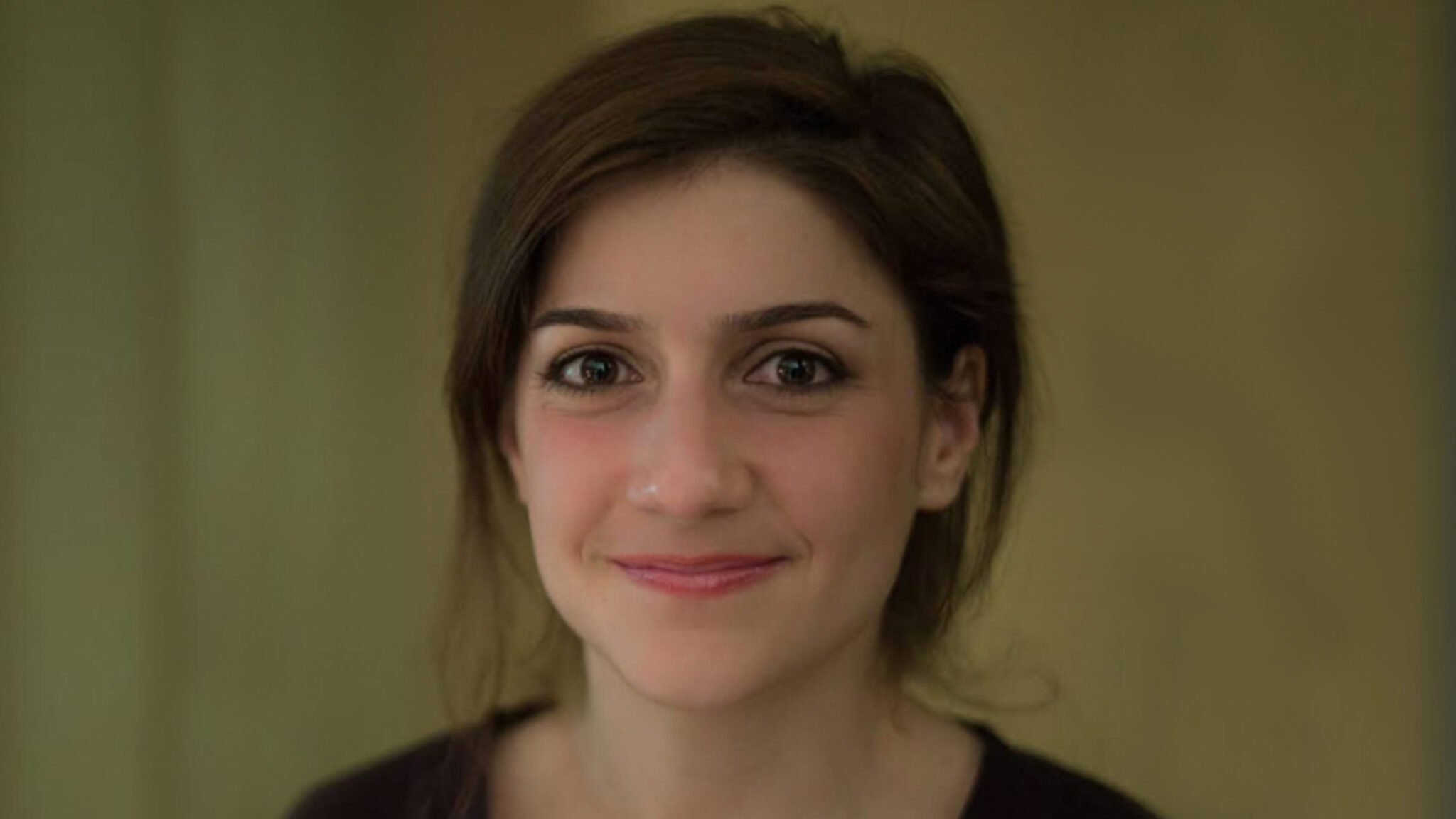
CEO Lex Rovner (64x Bio)
George Church backs a startup solution to the massive gene therapy manufacturing bottleneck
George Church and his graduate students have spent the last decade seeding startups on the razor’s edge between biology and science fiction: gene therapy to …
Sign up to read this article for free.
Get free access to a limited number of articles, plus choose newsletters to get straight to your inbox.